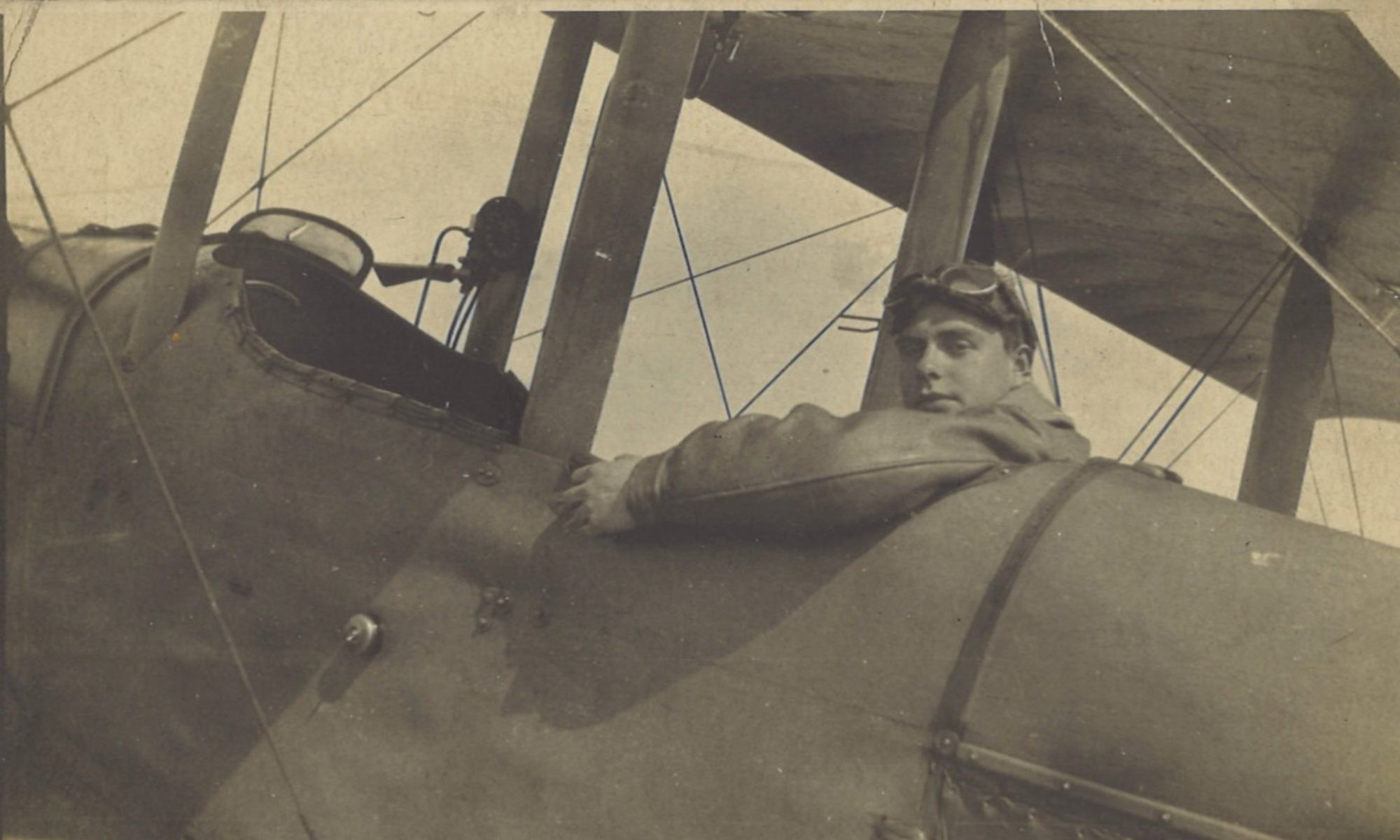Today the war gets closer: Greg sails across from Folkestone to Boulogne in France and then travels on to Berck Plage, where ironically he has a rather lazy day. He then is a witness to one of the notorious Étaples hospital bombing raids that resulted in many casualties and major damage.


Friday May 31st. London. Caught the 7.35am from Victoria for Folkestone, arrived about 9.30. Sailed 11.15 on ‘Arundel’ for Boulogne. Arrived about 1pm. Lunch at the Louvre & then by tender to No 2 ASD at Berck Plage. Passed through Étaples, where the hospital had been bombed by Germans. Good bathing at Berck – did nothing all day. Another raid on Étaples from 10.30 – 12.30pm. One machine dropped a flare. Machine gun heard firing in the air. Probably one of our machines after the raiders. Furious ‘Archie’ bombardment, with no result.
London to Berck Plage
From the perspective of today’s ~30 minute train journey from St Pancras to the Channel Tunnel portal behind Folkestone, the 1918 travel time of almost two hours from Victoria to Folkestone Harbour seems rather slow. But that’s the way it was, and at Folkestone Greg boarded the SS Arundel for the crossing to Boulogne, the main French port for personnel (Calais was principally used for materiel):

Lunch at The Louvre didn’t involve a quick dash to Paris’ famous gallery, but rather the Grand Hotel du Louvre et Terminus, conveniently situated where the cross-channel ferries dock:

The 27 mile (43 km) journey south by tender from Boulogne to Berck Plage would have crossed the River Canche at Étaples (near Le Touquet):

Étaples Hospital Raids
Étaples, an old fishing port that was a haunt of artists before the war, became home to huge British military presence. It was a major depot and training camp for the British Expeditionary Force, as well as the site of a complex of hospitals, air raids on which were the subject not only of Greg’s comment but also much wider controversy.
Wikipedia, citing E. J. King in The Knights of St John in the British Empire, says this:
Among the atrocities of that war, the hospitals there were bombed and machine-gunned from the air several times during May 1918. In one hospital alone, it was reported, ‘One ward received a direct hit and was blown to pieces, six wards were reduced to ruins and three others were severely damaged. Sister Baines, four orderlies and eleven patients were killed outright, whilst two doctors, five sisters and many orderlies and patients were wounded. [E.J.King, The Knights of St John in the British Empire, London 1934, pp.200-1.]’ [https://en.wikipedia.org/wiki/%C3%89taples]
This view of the Germans deliberately targeting the hospitals is adopted by other commentators, such as the author of the following piece:
The town’s medical prominence did not escape the attention of the German military high command, which duly organised a number of air raids on the town. Four such attacks in May 1918 were launched using incendiary bombs directed against the various hospital sites.
Given that literally hundreds of patients were suffering from fractured femurs many were unable to move to safety during such raids. They were thus assisted by hospital orderlies – who themselves came under machine gun fire from low-flying aircraft pilots watching out for just such activity. [http://www.firstworldwar.com/atoz/etaples.htm]
But some have taken a position that was less critical of the Germans’ intentions:
The Etaples hospitals were destroyed by German air raids which began on 19 May 1918 and continued until 10 August. There were grave doubts as to the wisdom of having sited large military training camps and hospitals so close together but it was generally believed that the enemy’s target was really the railway bridge over the River Canche. This belief was confirmed when a German airman who had been shot down said to his rescuers ‘if you persist in placing hospitals beside railway lines, they will continue to be bombed’. In the first attack of 19 May, in which 10 or 12 German planes took part, more than 300 patients were killed or wounded and incendiary bombs were dropped on the town of Etaples. Further raids occurred on 27 and 31 May, 28, 29 and 31 June, 1, 25 and 31 July, and 10 August. The hospital gardens were dug up for shelters. In the raid of 31 May, the St John Hospital was rendered uninhabitable with serious loss of life. [citations omitted] [Meynell, J R Army Med Corps 142 43-47 (1996)]
Back home at the time, however, The Times was having none of it. Possibly referring to the same German airman, if this was the man who was brought down in the Étaples hospital raid of 19 May, the paper dismissed his protestations of a railway target in this article on 24 May 1918:

GERMAN SAVAGERY AT ITS WORST
HOSPITALS DELIBERATELY BOMBED
…
The captain of the machine brought down, who was wounded, and is now being cared for in the hospital he bombed, was formerly in the German Diplomatic Service. He tried at first to excuse himself by saying that he saw no Red Cross. When challenged with the fact that he knew that he was attacking hospitals he endeavoured to plead that hospitals should not be placed near railways, or, if they are, that they must take the consequences. Apart from the fact that hospitals must be near railways for the transport of their patients, in this case, as in the others, the raiders were not attacking the railway, but came deliberately to bomb the hospital area, and knew perfectly well what they were doing.
Berck Plage
By the time Greg arrived there on 31 May 1918, Berck Plage was the headquarters of 2 Aeroplane Supply Depot (2 ASD). It was here he had to wait to find out the squadron to which he would be posted. Until then, in what must have been an unsettling but anticipatory afternoon, he could note the good bathing and ‘do nothing all day’.



